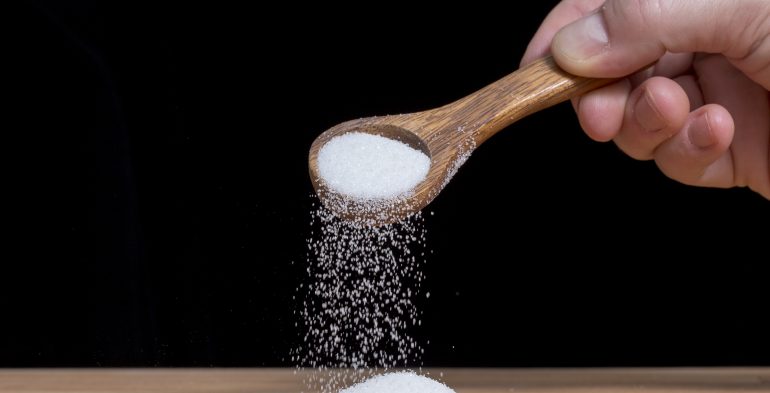
You are constantly wondering about the health aspect of putting sugar and salt in the children’s food.
And you think they won’t like their food if you don’t!
Alright, here is a piece of information for you: children under one year old don’t yet know the taste of sugar or salt and don’t need them.
But what about after they turn one?
- It’s okay if you’re thinking about sprinkling a little salt on top of their mashed potatoes, cooked rice or stewed vegetables and meat.
- Always remember as you do this that any excess salt may seriously damage your child’s kidneys.
- Know that children have very sensitive taste buds that pick up flavours with intensity. As a result, they don’t need as many flavors and seasonings as adults.
- Remember that if the amount of salt in children’s food is too high, it may cause a reduced sensitivity towards salty foods as adults. This could cause a preference for food that has been over salted, damaging the heart and arteries.
- After one year old, your children need sugar for the development of their muscles, but be wary of the sugar in sweets and chocolate.
- You can always replace this sugar with the natural sugar present in fruit. A large amount of sweets and sugars will expose them to weight gain and digestive problems.
- Know that there are high quantities of sugar present in cornflakes and flavoured yoghurt, as well as in a number of foods that toddlers like. You can keep track of the quantities on these items’ labels.
- Be on the lookout for the words “fructose”, “sucrose” and “glucose” on these products; they mean that these foods contain yet other kinds of sugar.
- Moderation in regard to sugar and salt protects your children’s health, and it is the measure of a balanced diet.









